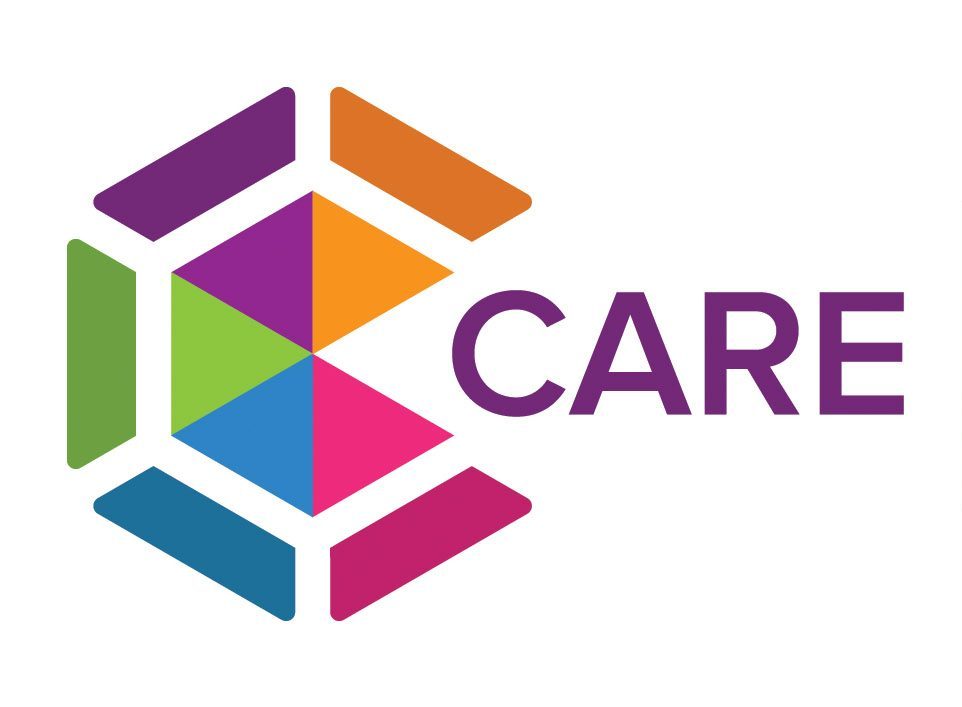*Deadline: Friday 19th April*
‘Exploring the variation and equality of access for at-risk adults in receipt of care and support in Wales’
Professor Bahman Rostami-Tabar, Professor Paul WIllis
About the Project
Cardiff Business School are delighted to offer fully funded Welsh Graduate School for the Social Sciences (WGSSS) (ESRC DTP) studentships starting in October 2024.
Enhancing discharge care coordination in mental health and social care: A probabilistic data-driven modelling approach – in collaboration with Health and Care Research Wales (HCRW), Welsh Government
Context/Rationale:
The demand for mental health services has seen a surge in recent years, an event that has been further intensified by the COVID-19 pandemic. Furthermore, this issue is compounded by poor transitions from mental health services to social care including community or care home settings, resulting in adverse consequences for service users, their families, caregivers, and social service providers. Inadequate coordination among mental health and social care services can lead to several challenges, including poor discharge planning and misallocation of resources.
To tackle these challenges, implementing innovative approaches grounded on data-driven evidence is vital. The application of data-driven methodologies holds significant promise for yielding valuable insights that can facilitate informed decision-making, efficient resource allocation, and improved coordination among managers, families, and practitioners, so enhancing the overall quality of care provided in mental health and social care.
Suggested aims
The proposed project aims to develop novel probabilistic modelling tools including AI & machine learning methods to enhance the management of care services. The project aligns with prevailing trends and pressing challenges in the field of mental health and social care management, addressing four primary areas including:
i) Understanding discharge management challenges in the interface of mental health and social care
ii) predicting admission risk associated with each discharge pathways
iii) forecast patient’s LOS and pathway discharge;
iv) Modelling patient’s social participation in the wider community post-discharge; and; v) forecasting social care workload.
Anticipated Methods/Design
First, there will be semi-structure interviews with clinicians and professionals across NHS Wales to understand discharge management challenges in the interface of mental health and social care and document factors contributing to variations of length of stay, discharge pathway, readmission, social care workload and patient’s social participation.
The study will subsequently use probabilistic machine learning modelling and forecasting, and (deductive) empirical research to address its aims. The anticipated research design considers providing insights into disparities across diverse demographic characteristics in terms of lengths of stage, discharge outcomes, and social participation.
Duration of study:
Durations of study/studentship awards may vary from 3.5 (PhD) to 1+3.5 (MSc + PhD) years full time (or part time equivalent). This is dependent on prior research experience and training needs which will be assessed by completing an Initial Development Needs Analysis (Initial DNA) at the application stage and a Full DNA prior to award if successful.
Research in practice placement:
WGSSS funded students are required to complete a funded Research in Practice placement of 3 months in total. All students will have the opportunity to complete a placement in academia, policy, business or civil society organisations.
